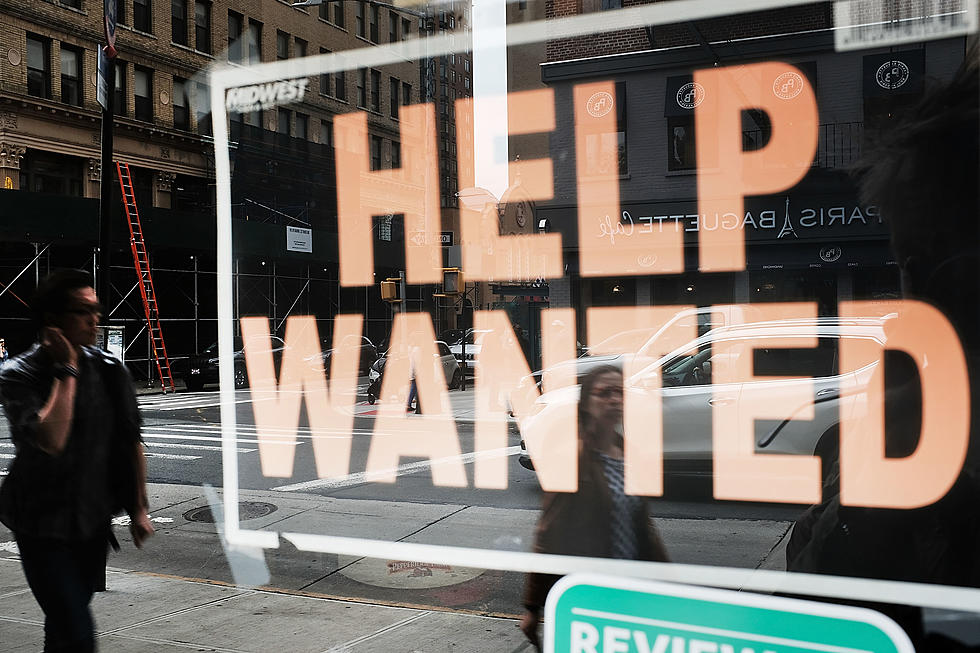
Fewer Offensive Comments Being Reported in NJ Workplaces — Survey
A new survey finds fewer nasty comments are being made about groups and individuals at Garden State companies.
“We’re seeing a decrease in offensive comments in the workplace, and that includes comments regarding gender, race, sexual orientation and religion,” said Michele Siekerka, president and CEO of New Jersey Business and Industry Association.
The New Jersey State of Diversity Survey, conducted by the Fairleigh Dickinson University Poll, was commissioned by the New Jersey Business and Industry Association and Taft Communications. The survey asked workers how often they had heard things in their company that could be offense to women, and 70% said never, an improvement from 66% in 2017.
Similar drops were also recorded when people were asked about comments that could be offense to racial and ethnic minorities, lesbian, gay, bisexual and transgendered, Muslims and Jews.
“We can attribute this to a more diverse and inclusive work environment in New Jersey, an increase in training that focuses on the values of diversity and cultural awareness,” said Siekerka. “This is a good thing, we’re an extremely diverse state. We want to have workplaces that are diverse and inclusive.”
The survey found the number of New Jerseyans who currently interact daily with someone of a different race or ethnicity has increased to 89%.
Siekerka said the results of the survey underscore “the great strides that New Jersey employers have made in creating workplaces that are open and inclusive, and employees are very, very happy to be part of formal training.”
She said the return on investment of diversity training is significant.
“You’re creating an environment that employees and workers want to come to. They’re looking for these types of work environments.”
She also noted “there’s always push now from activist shareholders or people investing in companies who are demanding that workplaces get a handle on diversity and inclusion.”
As part of the survey, a series of questions have been asked since 2017 that explore the prevalence of offensive comments directed toward various groups.
How often, if at all, do you hear things that could be offensive to women? About 70% of those surveyed said “never” in 2019, an improvement from 66% in 2017. Those who said such comments are heard “very often” was 5% in 2017 and remained at that level in 2019.
How often, if at all, do you hear things that could be offensive to racial and ethnic minorities? About 67% of those surveyed said “never” in 2019, an improvement from 57% in 2017; 4% said “very often,” down from 7% in 2017.
How often, if at all, do you hear things that could be offensive to lesbian, gay, bisexual, and transgendered people? About 73% of those surveyed said “never” in 2019, an improvement from 67% in 2017; 3% of those surveyed said “very often,” down from 5% in 2017.
How often, if at all, do you hear things that could be offensive to Muslims? About 75% of those surveyed said “never” in 2019, an improvement from 60% in 2017; 1% of those surveyed said “very often,” down from 5% in 2107.
How often, if at all, do you hear things that could be offensive to Jews? About 77% of those surveyed said “never” in 2019, an improvement from 72% in 2017; 3% of those surveyed said “very often,” compared to 4% in 2017.
The survey, conducted from May 29 to June 4, was based on the responses of 541 randomly selected working adults in New Jersey.
You can contact reporter David Matthau at David.Matthau@townsquaremedia.com
More From WPG Talk Radio 95.5 FM










